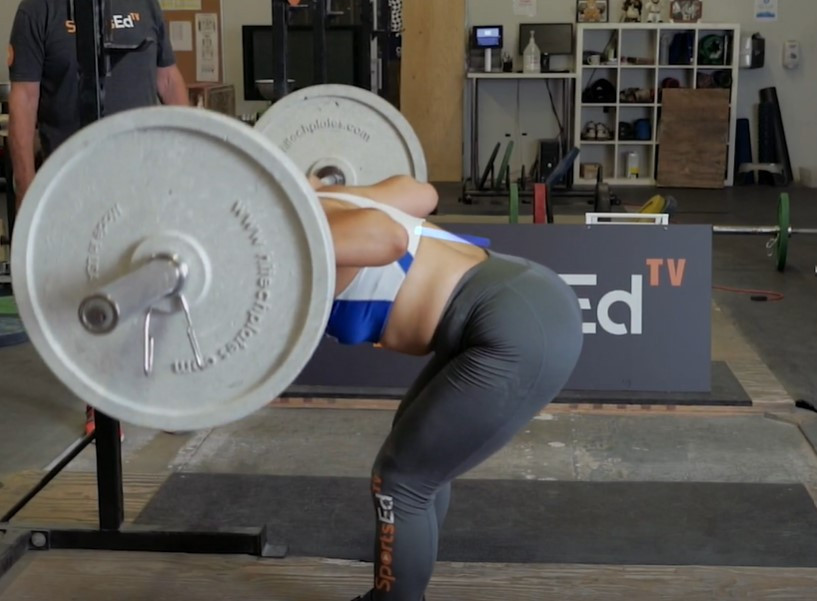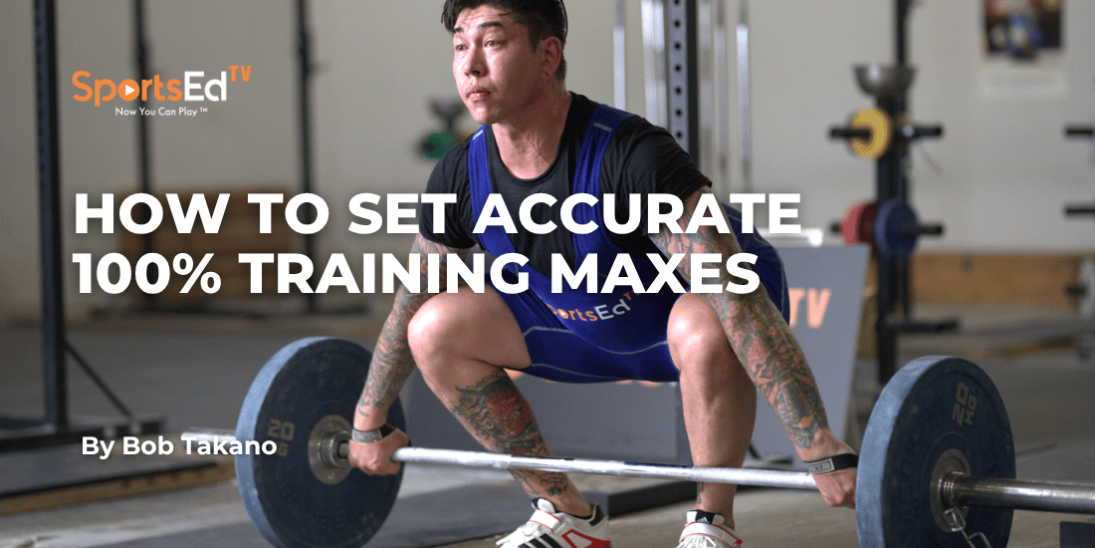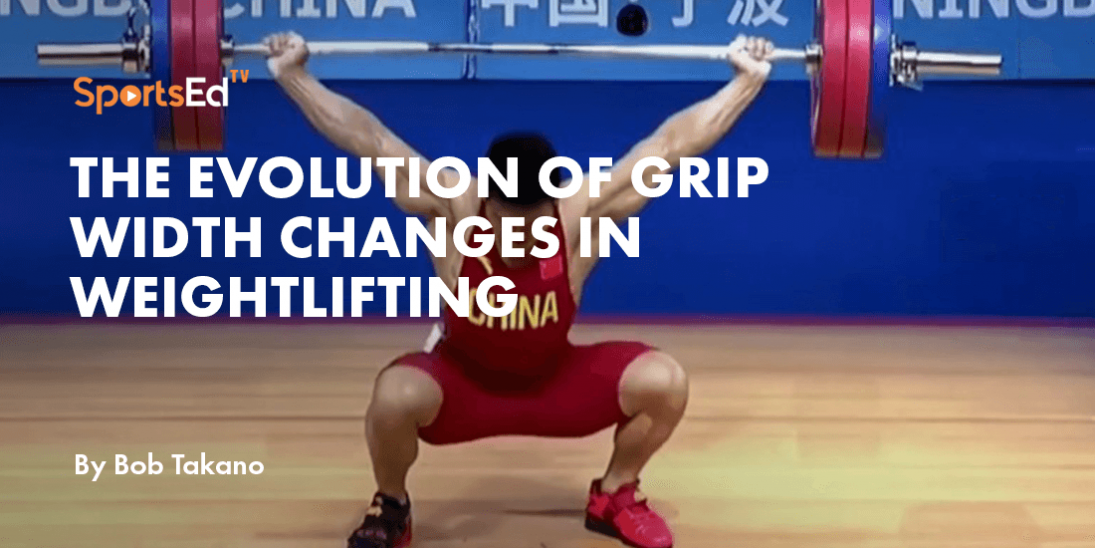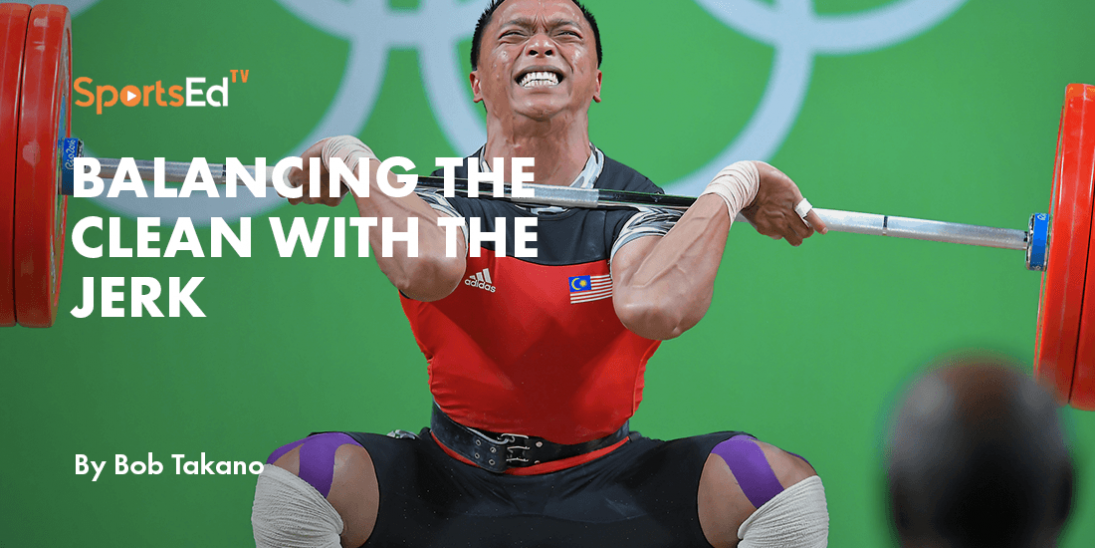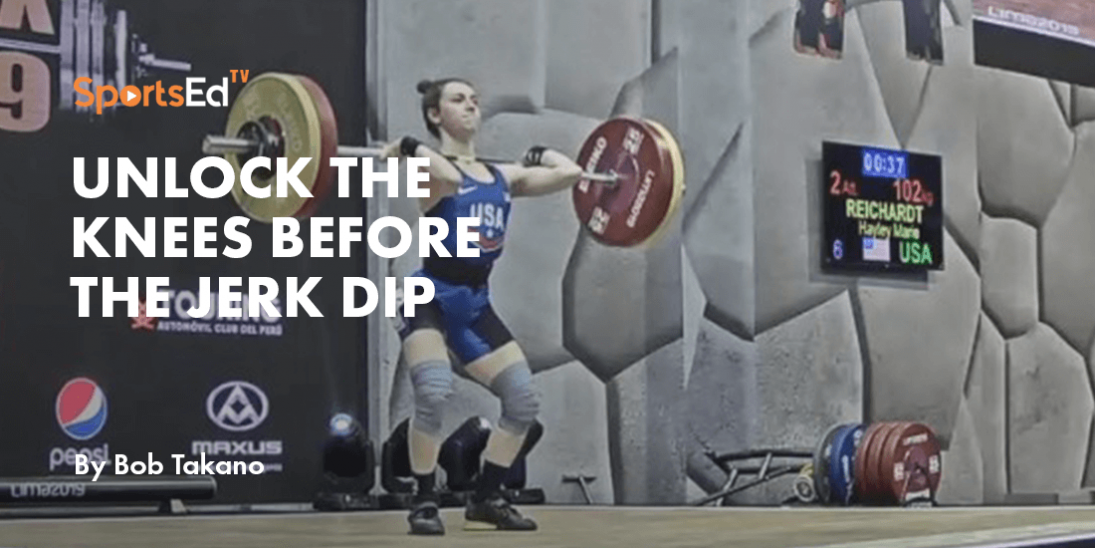Weightlifting
Welcome and thanks for visiting...

Maximizing Performance in Weightlifting: A Numerical Approach to Training Program Planning

Keeping Your Olympic Weightlifting Training On Track
Certain numerical benchmarks can serve as guideposts, ensuring your Olympic weightlifting training stays on the right path. It's crucial for training programming to strike a balance between swift movements and those that emphasize strength. Mindful program planning with these relationships in mind leads to the most effective training programs.
The Role of Personal Records (PR) in Training and Competition
Training PR may or may not reflect significant progress at various stages of a lifter's career, much depends on their interpretation. For a beginner experiencing consistent progress with training PR, these could be indicative of increasing strength and subsequently result in competition PR. If not, it may be necessary to focus on enhancing competitive performance. PR in some assistance movements might not be reliable indicators of progress in competitive lifting.
The Importance of Competition PR in a Weightlifting Program
A weightlifting program should prioritize competition PR. After all, it's the competition PR that the rest of the weightlifting community uses to judge your performance. Nobody is overly concerned with your training PR. Coaches should strive to develop athletes into successful competitors because the lifts performed in competition dictate the 100% figures for the subsequent macrocycle.
Establishing the 100% Numbers
The goal weights for 100% snatch and 100% clean &; jerk in the next macrocycles should be determined by the PR set in the competition at the end of the last macrocycle. More seasoned coaches might choose to consider near-misses, too. A 5-8% rise in goal weights from one macrocycle to the next is typically reasonable.
Correlations in Weightlifting Ratios
The 100% front squat should be at least 105% of the 100% clean &; jerk goal weight, and the 100% back squat should be a minimum of 130% of the 100% clean &; jerk goal weight. The snatch should be 78-82% of the 100% clean &; jerk goal weight.
Guidelines for 100% Figures in Assistance Movements
All snatch extensions, high pulls, and deadlifts should be calculated based on the 100% snatch figure. Similarly, all clean extensions, high pulls, and deadlifts, as well as power jerks and push presses, should be based on the 100% clean &;; jerk figure. However, presses and good mornings hold no relation to these four primary goal numbers.
Using Numerical Benchmarks for Optimal Training Planning
Employing these numerical benchmarks when planning your program should result in a balanced blend of speed and strength movements. This approach should prove beneficial for all engaged in weightlifting training.
FOR MORE HELPFUL INFORMATION For those in search of the most credible training information based on fifty years of coaching experience, the Takano Weightlifting Coaching Membership is a vast collection of videos and written content touching upon a complete approach to coaching weightlifting. Coaches of beginners and elite athletes will be able to discover helpful content. Check out this link https://takanoweightliftingcoaching.net/vsl-order-formeicq33md to find out more and sign up.



